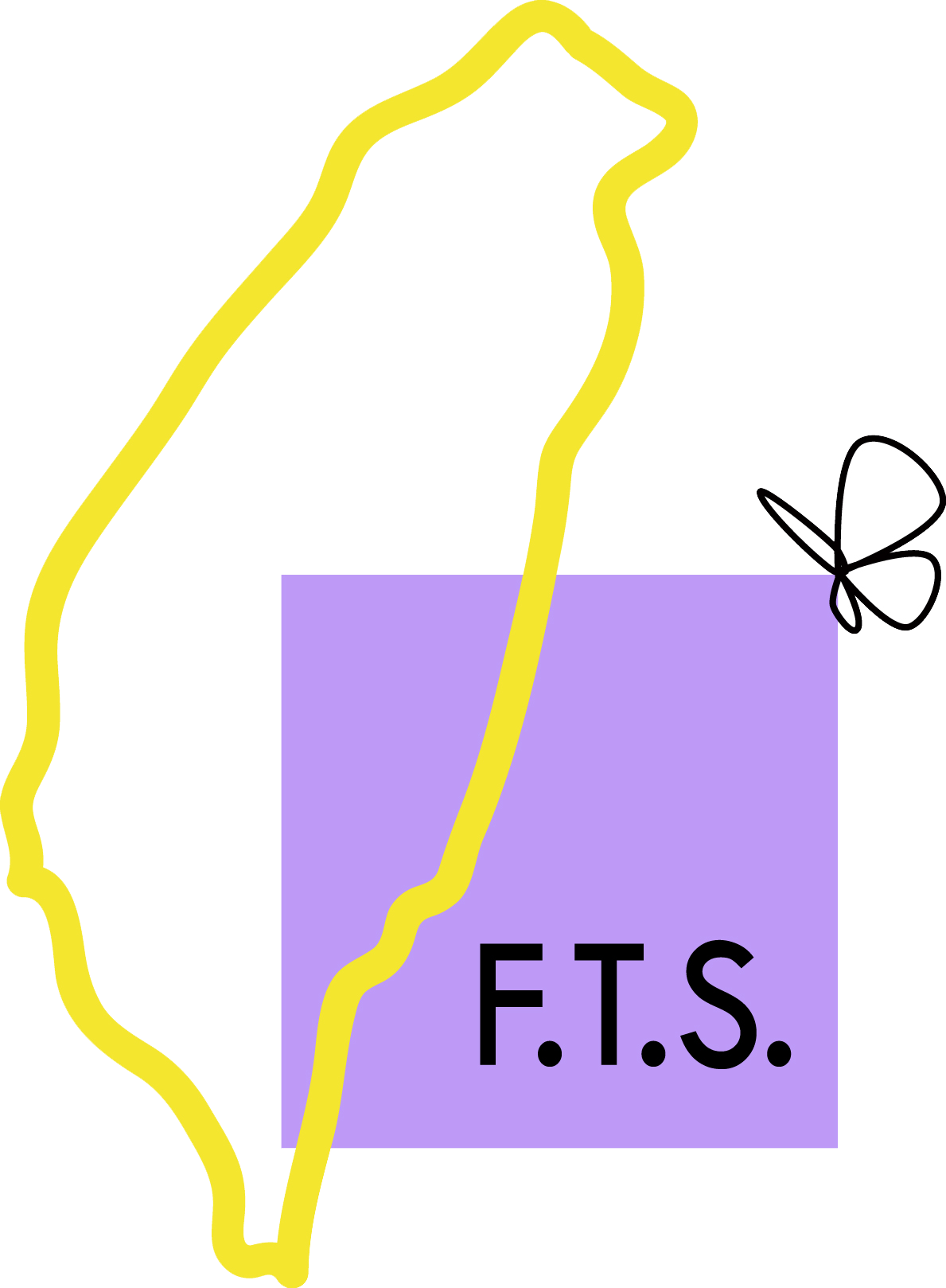Taiwan and its Realms of Memory: Bond, Space and Distance
From 4 December 2023 to 10 June 2024 from 16:30 to 18:30.
Address : EHESS-Condorcet Building, Room 327, 2 cours des Humanités 93300 Aubervilliers. The seminar is also accessible online.
The aim of this seminar is to retrace the different stages of a process of identity affirmation which has resulted in Taiwan in what we might call “Formosan tropism”. We will attempt to identify the historical and cultural supports around which an identity has gradually crystallized that is increasingly assertive in relation to the Chinese referent, and claimed to be fully marked by the island’s singularity.
While observing these changes in identity in the light of the debates that continue to accompany them, we also trace their memorial underpinnings by exploring the places of memory at work in Taiwan. We focus as much on the places of memory linked to the Republic of China, and thus brought back to the continental and Chinese trajectory, as on those specific to the Taiwanese historical and cultural experience. The study focuses on concrete, material, geographically situated objects, but also on more abstract and diffuse embodiments of memory, such as political symbols, terms and names in public and private space, characters in national and local history, narratives, etc.
The seminar uses first and second hand written sources in French, Chinese and English. It is also an opportunity to screen video sequences, fiction films and documentaries related to the theme of identity and memory.
In 2023-2024, the seminar will more specifically explore the notion of bond. We will examine how the dynamics of memory construct and undo the territories of the common by ceaselessly displacing the boundaries between the near and the far.
The validation of the seminar requires the completion of a written work which will also be the object of a preliminary oral presentation.
Calendar 2023-2024
Monday 4 December 2023
Monday 11 December 2023
Two readings will be proposed:
– Stéphane Corcuff, « Les frontières de l’insularité taïwanaise. Étude géopolitique d’un cas de non-coïncidence entre frontières légales et frontières réelles », in Paul Bacot et Albane Geslin, Insularité et sécurité. L’île entre sécurité et conflictualité, Bruxelles : Bruylant, 2014.
– Régis Debray : Éloge des frontières, Paris : Gallimard (collection folio), 2010.
Monday 8 January 2024
Monday 22 January 2024
– Stéphane Corcuff, « Les frontières de l’insularité taïwanaise. Étude géopolitique d’un cas de non-coïncidence entre frontières légales et frontières réelles », in Paul Bacot et Albane Geslin, Insularité et sécurité. L’île entre sécurité et conflictualité, Bruxelles : Bruylant, 2014.
– Régis Debray : Éloge des frontières, Paris : Gallimard (collection folio), 2010.
Monday 12 February 2024
Monday 11 March 2024
Information and registration: https://mdl.parisnanterre.fr/ateliers/presentation-film-documentaire-le-temps-des-mots
Monday 22 April 2024
– Favret Jeanne, « Être affecté », Gradhiva : revue d’histoire et d’archives de l’anthropologie, n°8, 1990, p. 3-9. https://www.persee.fr/doc/gradh_0764-8928_1990_num_8_1_1340.
– Laurence Kaufmann and Marine Kneubühler, Introduction du Dossier « Affecter, être affecté. Autour des travaux de Jeanne Favret-Saada », SociologieS, 2014 ; http://journals.openedition.org/sociologies/4707 ; DOI: https:// doi.org/10.4000/sociologies.4707.
Monday 29 April 2024
PHD student EPHE – CRCAO
King Cheng in ancient sources: the construction of a commemorative character
The Western Zhou dynasty (1045 to 771 BC) is considered a golden age in Chinese historiography. Confucius, in particular, made many references to this period, mentioning Kings Wen and Wu, the founders of the dynasty, as well as the Duke of Zhou, King Wu’s brother. Thanks to his virtue, King Wen is said to have received the Mandate of Heaven, the right to rule. As for King Wu, he overthrew the Shang dynasty and formally established the dynasty. After his death, the Duke of Zhou acted as regent to King Wu’s heir, King Cheng, and was from then on regarded as the person who had enabled the consolidation of dynastic power. The figure of King Cheng, who reigned for several decades, remains somewhat less prominent. My research aims to show how King Cheng was evoked as a historical figure in ancient sources, especially from the time of his reign up to the Han dynasty (2nd century BCE-2nd century CE), in different ways depending on the context in which these sources were produced. My study aims to reassess the significance of King Cheng’s reign in the memory of ancient China.
Discussant : Alexis Lycas
Associate professor and Researcher (EPHE – CRCAO )
Monday 13 May 2024
Monday 27 May 2024
Hui-Ching Chang and Richard Holt, « The mainland (dalu,大陸) the nostalgic never-land », in Language, Politics and Identity in Taiwan – Naming China, Routledge, 2015, p. 86-123.
